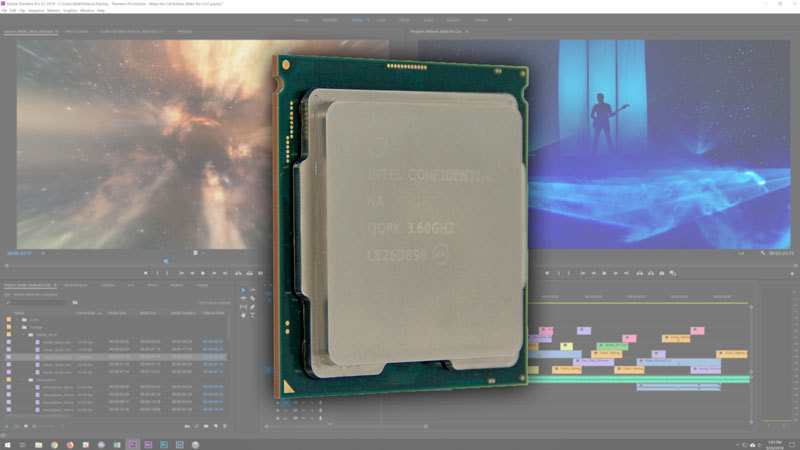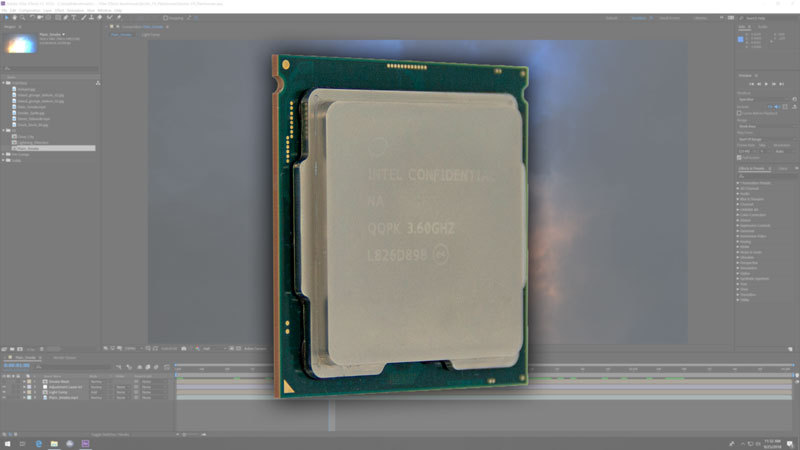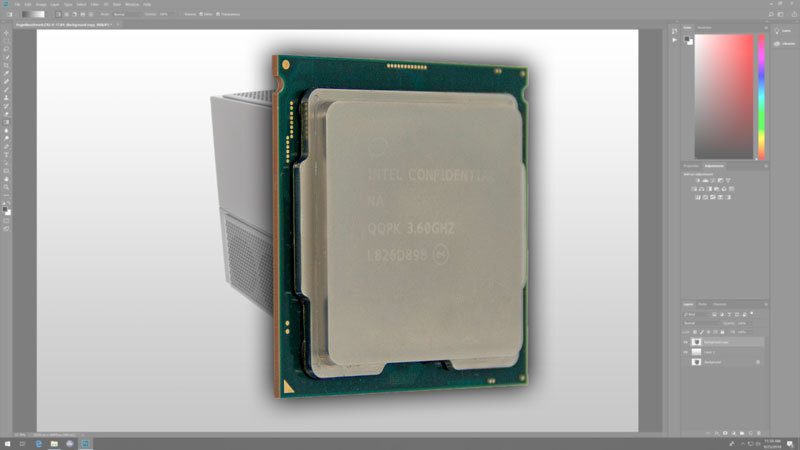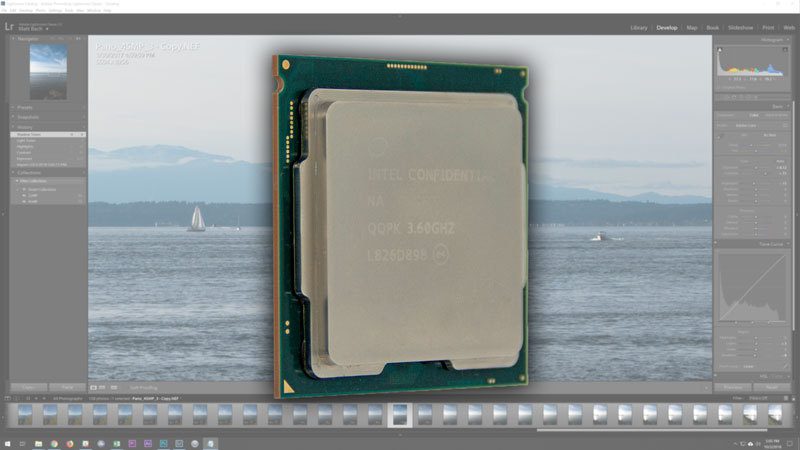We tend to use either Intel’s X-series or AMD’s Threadripper CPUs for Premiere Pro due to their higher performance, but with Intel’s new 9th Gen CPUs sporting up to 8 cores, it will be very interesting to see how they fare in Premiere Pro.


We tend to use either Intel’s X-series or AMD’s Threadripper CPUs for Premiere Pro due to their higher performance, but with Intel’s new 9th Gen CPUs sporting up to 8 cores, it will be very interesting to see how they fare in Premiere Pro.

After Effects may not be quite as well threaded as it used to be, but there is still some performance gains to be had with higher core counts. Since the new 9th Gen CPUs from Intel include both a higher core count and a higher operating frequency, they should perform great in After Effects.

The new 9th Gen Intel Core Processors have a number of improvements including a small frequency bump and an increase in core count. Photoshop tends to primarily rely on just a handful of cores, so the question is whether these improvements are enough to make a significant difference in performance.

Since Lightroom Classic is much better at utilizing multiple CPU cores than the older versions of Lightroom, the new 9th Gen Intel Core Processors are very interesting. Not only do they have a small frequency bump, but they also include an increase in core count.

Lighroom Classic CC saw dramatic performance improvements with higher core count CPUs, but the 2990WX in particular has a staggering 32 cores. Will Lightroom Classic be able to take advantage of these extremely high core counts, or we have reached the point of diminishing returns?

While GPU performance is often the first thing that comes up when configuring a DaVinci Resolve workstation, the CPU is in many ways even more important. Modern CPUs from Intel and AMD can have up to 18 cores, but can DaVinci Resolve actually make use of them all?